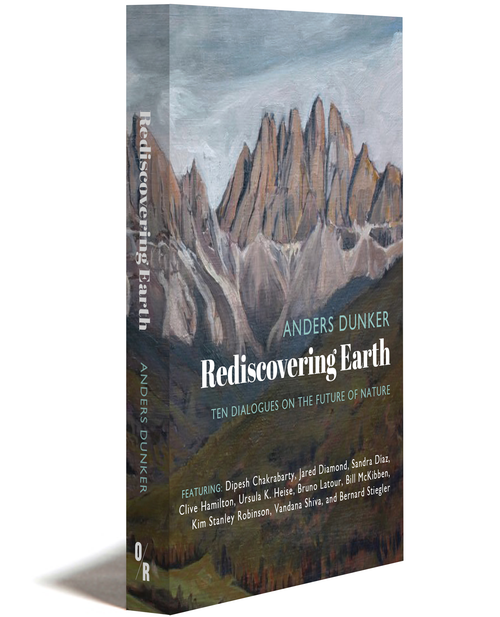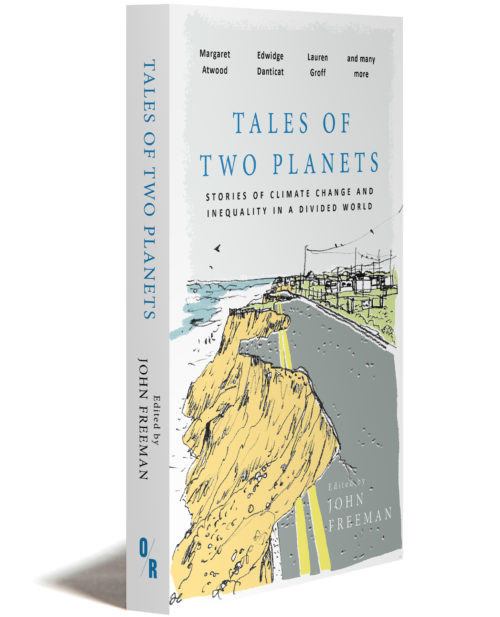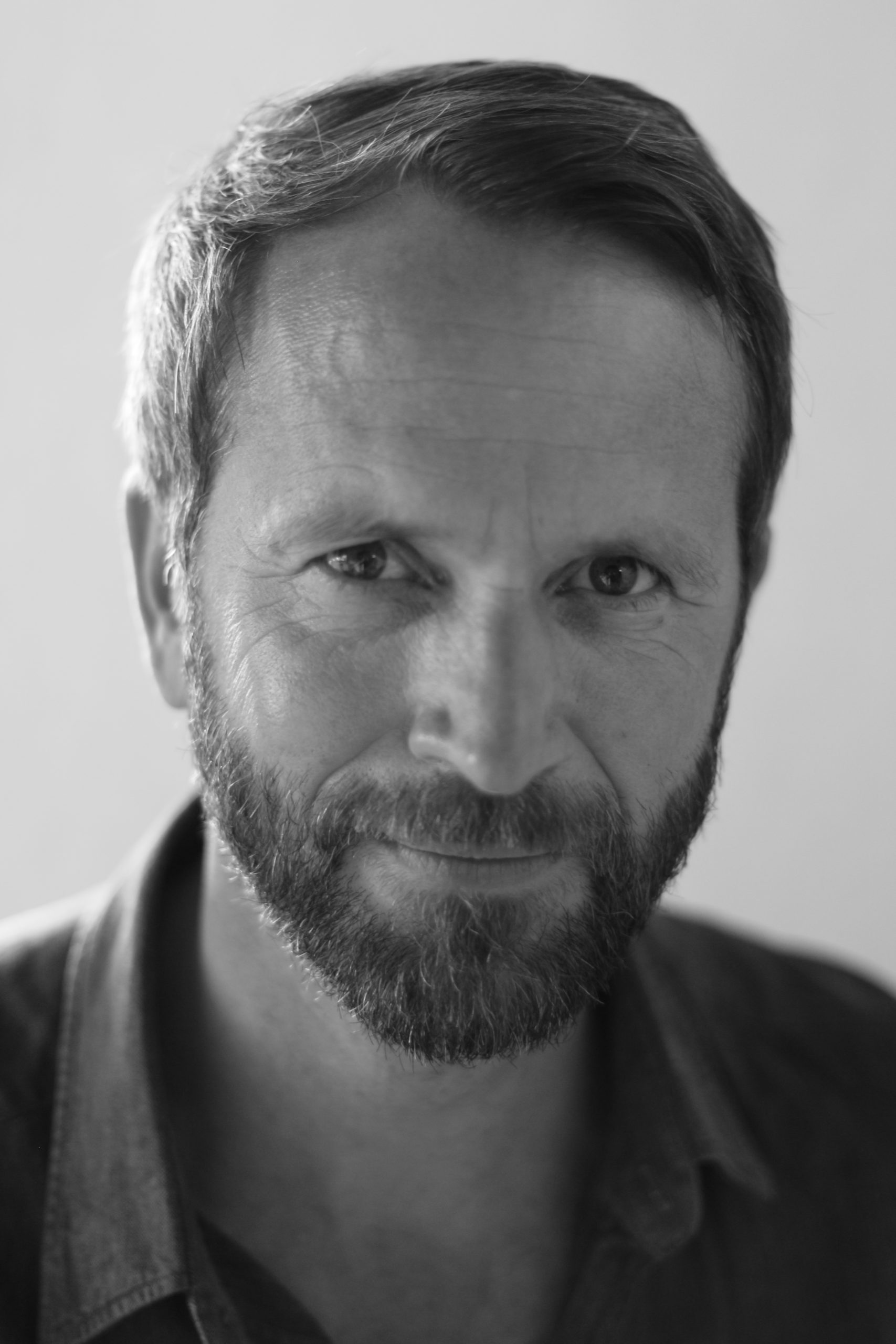Rediscovering Earth
In conversation with: DIPESH CHAKRABARTY, JARED DIAMOND, SANDRA DÍAZ, CLIVE HAMILTON, URSULA K. HEISE, BRUNO LATOUR, BILL MCKIBBEN, KIM STANLEY ROBINSON, VANDANA SHIVA, and BERNARD STIEGLER.
"An engaging and accessible set of interviews with key movers of the environmental debate. Will force you to rethink the ways you engage with the natural world."
- Peder Anker, author of The Power of the Peripheryabout the book
The gap between what we know and what we do has haunted the field of moral philosophy since antiquity, and is at the center of today's environmental crisis. Put simply: if we know that we are destroying the planet, our habitat, why do we continue to do it? The ten dialogues collected here investigate this question, and propose how we might salvage the planet and save our own lives.
Played out are the debates that will shape the course of the twenty-first century, and indeed human history. Each speaker brings unique perspectives and testifies to the troubling and often absurd crisis we find ourselves in. Among the stories in Rediscovering Earth are accounts of how: people live directly under dams, unconcerned that they might burst; abandoned household cats stalk major cities, endangering smaller species; fish are shipped from one end of the world to the other, only to be processed, packaged, and returned to their original location; displaced monkeys break into homes, fatally attacking officials belonging to governments engaged in aggressive deforestation practices; and farmers kill themselves by drinking the remnants of insecticide they can no longer afford to apply to their land, resulting in its ruination.
If common ground is to be found in these discussions, it is that the future of nature will be decided as much in the cultural realm-in philosophy, literature, and art-as in the sciences. If we want finally to bridge the gap between knowledge and action we must rediscover the earth, identify ourselves more fully as earthlings, and realize that our future and that of the planet are one and the same.
"Frightens, energizes, and gives hope that we can participate in a collective and creative response to the problems we are confronting today-and without which we will not be able to survive". - Hélène Mialet, author of Hawking Incorporated
About The Author / Editor
Read An Excerpt
From Dialogue One: "The Rediscovery of the Earth-with Bruno Latour"
Anders Dunker (AD): Historically, the age of discovery is over. Are we none the less in a new age-an age of rediscovery-that can lift our spirits and propel us past the nagging feelings of tragedy?
Bruno Latour (BL): Well, it is my way of being optimistic. It is my way of not taking part in the sense of doom. Scientifically and technically, it is perfectly rational to be a pessimist, but I don't think it makes much sense politically. Optimism has nothing to do with technoscience—DNA plus cognitive science plus robots plus outer space. Instead it is connected with exploring the world we thought we knew. I will borrow the term from you and call our time period an age of rediscovery, even if it is grandiose. What we call local has quite a different meaning in relation to Gaia than it previously had. It now has many different dimensions. The rediscovery of a place is in some ways a cliché-since ecologists have been talking about the same thing for years-but this concept also leads to a different way of framing the world, it leads to another geometry, so to speak. Water gets another meaning. Ice gets another meaning. Industry is considered in relation to the amount of CO₂ in the atmosphere. We see things in new ways. Antibiotics have a different kind of globalization than weeds, for example.
AD: Traditionally, the concept of the local has had a flavor of subjectivity-existence circumscribed by the immediate horizon-in contrast to the scientific gaze, which purports to see everything as if from outer space?
BL: And here lies the error. The local is objective. The gaze from inside the critical zone is completely objective, it is just objective in a different way. What we see is real, but this reality only becomes visible if we learn what different parties are up to, what they need, what they want, what they can accomplish.
in the media
Rediscovering Earth
In conversation with: DIPESH CHAKRABARTY, JARED DIAMOND, SANDRA DÍAZ, CLIVE HAMILTON, URSULA K. HEISE, BRUNO LATOUR, BILL MCKIBBEN, KIM STANLEY ROBINSON, VANDANA SHIVA, and BERNARD STIEGLER.
"An engaging and accessible set of interviews with key movers of the environmental debate. Will force you to rethink the ways you engage with the natural world."
- Peder Anker, author of The Power of the Peripheryabout the book
The gap between what we know and what we do has haunted the field of moral philosophy since antiquity, and is at the center of today's environmental crisis. Put simply: if we know that we are destroying the planet, our habitat, why do we continue to do it? The ten dialogues collected here investigate this question, and propose how we might salvage the planet and save our own lives.
Played out are the debates that will shape the course of the twenty-first century, and indeed human history. Each speaker brings unique perspectives and testifies to the troubling and often absurd crisis we find ourselves in. Among the stories in Rediscovering Earth are accounts of how: people live directly under dams, unconcerned that they might burst; abandoned household cats stalk major cities, endangering smaller species; fish are shipped from one end of the world to the other, only to be processed, packaged, and returned to their original location; displaced monkeys break into homes, fatally attacking officials belonging to governments engaged in aggressive deforestation practices; and farmers kill themselves by drinking the remnants of insecticide they can no longer afford to apply to their land, resulting in its ruination.
If common ground is to be found in these discussions, it is that the future of nature will be decided as much in the cultural realm-in philosophy, literature, and art-as in the sciences. If we want finally to bridge the gap between knowledge and action we must rediscover the earth, identify ourselves more fully as earthlings, and realize that our future and that of the planet are one and the same.
"Frightens, energizes, and gives hope that we can participate in a collective and creative response to the problems we are confronting today-and without which we will not be able to survive". - Hélène Mialet, author of Hawking Incorporated
About The Author / Editor
Read An Excerpt
From Dialogue One: "The Rediscovery of the Earth-with Bruno Latour"
Anders Dunker (AD): Historically, the age of discovery is over. Are we none the less in a new age-an age of rediscovery-that can lift our spirits and propel us past the nagging feelings of tragedy?
Bruno Latour (BL): Well, it is my way of being optimistic. It is my way of not taking part in the sense of doom. Scientifically and technically, it is perfectly rational to be a pessimist, but I don't think it makes much sense politically. Optimism has nothing to do with technoscience—DNA plus cognitive science plus robots plus outer space. Instead it is connected with exploring the world we thought we knew. I will borrow the term from you and call our time period an age of rediscovery, even if it is grandiose. What we call local has quite a different meaning in relation to Gaia than it previously had. It now has many different dimensions. The rediscovery of a place is in some ways a cliché-since ecologists have been talking about the same thing for years-but this concept also leads to a different way of framing the world, it leads to another geometry, so to speak. Water gets another meaning. Ice gets another meaning. Industry is considered in relation to the amount of CO₂ in the atmosphere. We see things in new ways. Antibiotics have a different kind of globalization than weeds, for example.
AD: Traditionally, the concept of the local has had a flavor of subjectivity-existence circumscribed by the immediate horizon-in contrast to the scientific gaze, which purports to see everything as if from outer space?
BL: And here lies the error. The local is objective. The gaze from inside the critical zone is completely objective, it is just objective in a different way. What we see is real, but this reality only becomes visible if we learn what different parties are up to, what they need, what they want, what they can accomplish.








